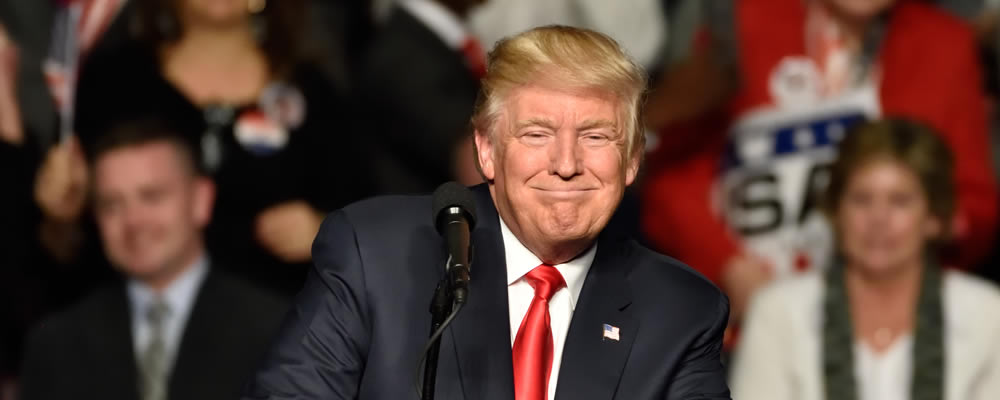Eurozone GDP Hits its Mark, Euro (EUR) Exchange Rates Inch Higher
The Euro US Dollar (EUR/USD) exchange rate crawled higher on Wednesday, supported by some steady gross domestic product (GDP) readings from the bloc and the US Dollar’s own limitations in reaction to US Chief Economic Advisor Gary Cohn resigning.
According to the latest estimates from Eurostat, the bloc’s economy expanded at a slightly slower pace than the previous reading, with the Q4 estimate printing at 0.6%, quarter-on-quarter, down from 0.7% previous but consistent with the forecasts.
The Yearly reading for Q4 remained steady at 2.7%, however, with the previous reading being revised down from 2.8%.
Breaking the readings down, a drop in household spending by 0.2% contributed to the readings, with government spending growth also easing to 0.3% a contributor.
Ultimately these results are rather steady, however, with the European Central Bank (ECB) not liable to change policy based on the readings and markets not turned off or on to the Euro as a result.
US Dollar (USD) Exchange Rate Limited by US Chief Economic Advisor Gary Cohn’s Resignation
The US Dollar (USD) continued to struggle on Wednesday, falling in the wake of Gary Cohn’s resignation and the possibility of a heavier push for trade tariffs that could result.
Cohn, who headed the National Economic Council, quit shortly after revealing his disagreement with US President Donald Trump’s decision to impose tariffs on steel and aluminium – a move both he, and Treasury Secretary Steven Mnuchin vehemently opposed.
This decision essentially left a void (with Cohn regarded by many as a moderating voice for the President) that markets are worried could soon be filled with a new Chief Economic Advisor who is perhaps more partial to the possibility of levying tariffs.
Despite recent talk of possible concessions to other allies, the President has also doubled down on his talk of a trade war, stating:
‘When we’re behind on every single country, trade wars aren’t so bad. When we’re down by $30bn, $40bn, $100bn, the trade war hurts them, doesn’t hurt us. So we’ll see what happens. We’re going to straighten it out and we’ll do it in a very loving way – it’ll be a loving, loving way. They’ll like us better and they will respect us much more’.
The International Monetary Fund’s (IMF) Christine Lagarde has since warned against this decision, arguing that the potential economic impact of US import tariffs would be very serious if other countries turn retaliatory.
Some analysts have dismissed this sentiment, however, arguing that the US has more leverage in a trade war against the EU and China by manner of its already huge trade deficit with both nations.
Nonetheless, any talk of trade intervention tends to spook the markets, and the ‘Greenback’ continued to suffer the weaker hands taking leave.
Euro US Dollar (EUR/USD) Exchange Rate Forecast: ECB Rate Decision on the Horizon
Markets are currently preparing for tomorrow’s ECB rate decision, an event investors will be watching for any indication that the ECB is preparing to give up their so-called ‘easing bias’.
The ECB has previously stated that they stand ready to increase the level of bond purchases they make in both duration and size, but dropping this sentiment would indicate that the central bank believes that prices in the bloc are better aligned with their targets.
In this respect, markets would perceive this as a move towards policy normalisation – something that could send the Euro higher.
Kjersti Haugland, Chief Economist at DNB Bank supported this analysis, stating:
‘A removal of the easing bias at this meeting is likely to strengthen the Euro. The guidance was kept unchanged at the meeting in January, but the accounts from the January meeting confirmed that the Governing Council still expects to revisit the guidance early this year’.
An ongoing dovish outlook could curb the Euro’s recent gains, however, particularly with a rate hike still not on the cards for the foreseeable future.



